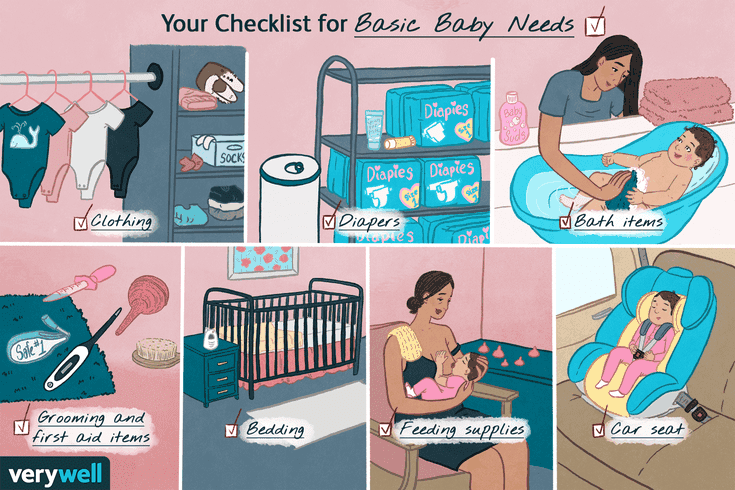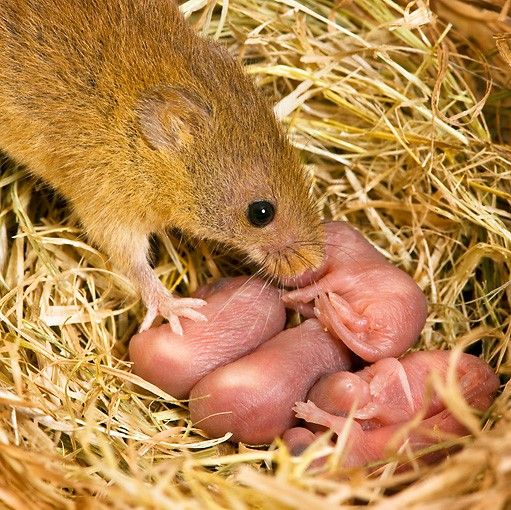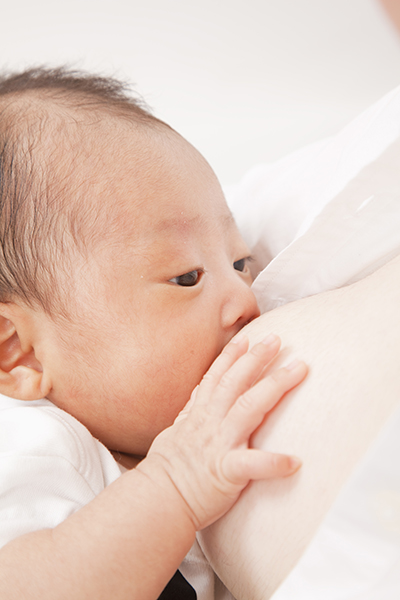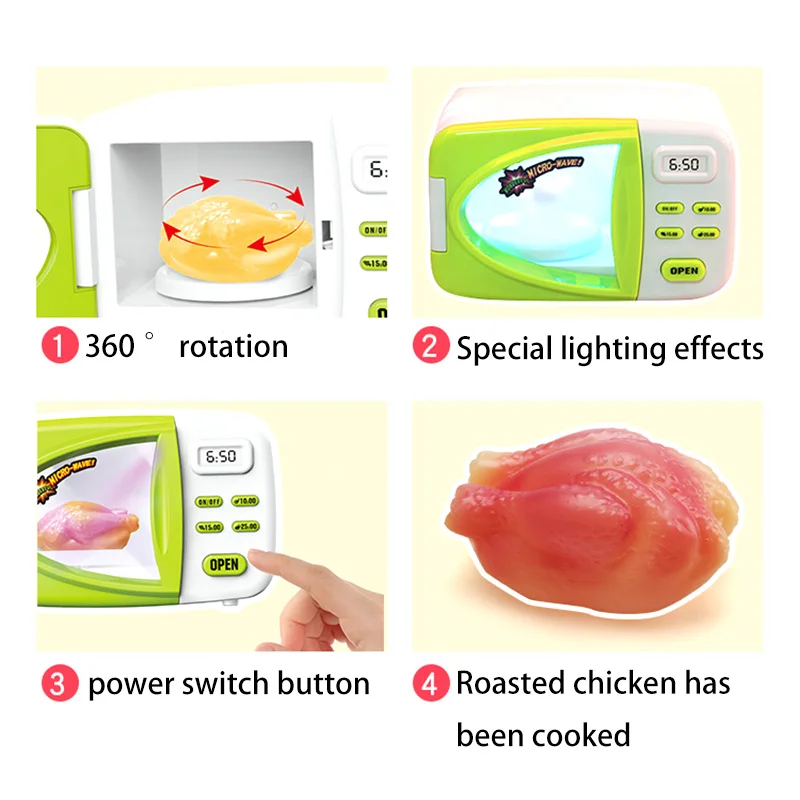When to feed baby before bed
Feeding Your Baby to Sleep - Is it a Good Idea?
Tags:
- Baby
- Newborn Sleep
- 3-6 Months Sleep
- 6-9 Months Sleep
- breastfeeding
- self-settling
This is one of those sleep topics that people often have a strong opinion on.....so we hope that you find our information on this topic helpful.
Our perspective is that if you are reading our sleep information, you are wanting to teach your baby to sleep through the night or at least reduce night-waking....so our tips are designed to achieve this objective!
Introduction
Feeding to sleep is one of the most common ways to get newborn babies to sleep. Tired babies will often fall asleep when feeding, as the combination of breast milk, cuddling with mum and sucking is very powerful. Plus, newborns can only cope with being awake for about an hour at a time, so if feeding takes a while, it becomes more and more likely baby will nod off while feeding.
With older babies, feeding to sleep can continue to be effective at getting your baby to fall asleep. However feeding to sleep quickly becomes a firm habit, as baby learns to fall asleep by feeding. Over time this means they will want to be fed back to sleep every time they wake in the night, which is on average 4-6 times for babies over 5 months.
Feeding your baby to sleep can be lovely for all ages; baby is snuggled in your arms, having a delicious cuddle, it's warm and comforting. It's great for bonding and lovely for both mum and baby.
'Feeding to sleep' in this article generally refers to breast-feeding to sleep but the information can equally be applied to babies who fall asleep while being bottle fed.
Should I feed my baby to sleep?
It's a very personal decision and you will know what is best for your baby. However, we encourage you to read the information below, so you understand the longer term impact of feeding your baby to sleep.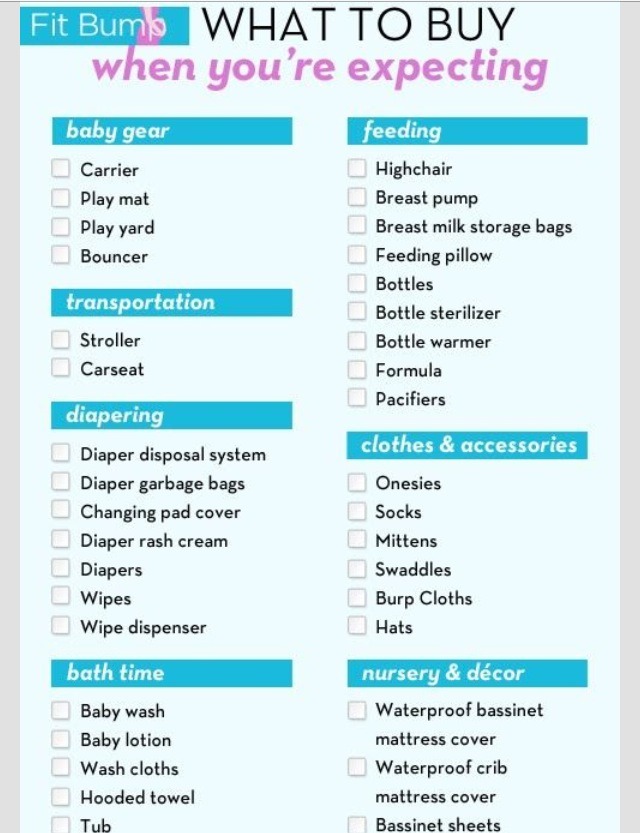
While it may seem like a quick and easy settling solution now, the majority of longer term night-waking that we deal with is caused by an entrenched habit of either feeding or rocking to sleep.
It's best to be well informed about feeding to sleep and make a decision about whether this is what you want to do, rather than feeling like you have to do it or it's the only option.
Feeding babies under 5 months to sleep
When babies are newborn, how they fall asleep often doesn't have too much impact on their sleep. You may be feeding to sleep and your baby is sleeping through the night, or having good day sleeps. This is because newborns drift in and out of sleep cycles, and haven't yet learned habits of how they get to sleep.
One impact of feeding a newborn to sleep can be catnapping. This is particularly true if you feed a baby to sleep, then transfer them to their bassinet. They may sense you are not there when they wake or miss the sound of your heart-beat, and will wake up shortly after being put down.
Plus you may also feel that you are feeding all the time or stuck to the sofa, as if you move your baby will wake up!
One option is to change your routine, so you use Feed, Play, Sleep. This means you feed your baby when she wakes, rather than right before she needs to sleep. Your baby will feed better as she is hungry and alert, rather than snacking and falling asleep.
There is no need to do a 'top up' feed before your baby gets into bed. If you observe tired signs, pop your baby into bed and use settling techniques such as white noise and swaddling to get her to sleep.
Be aware that baby sleep changes significantly at about 4-5 months. A baby who is fed to sleep and has been sleeping all night will likely start waking again after 4-5 months. If the feeding to sleep continues, many babies go back to waking 4-6 times or more every night, wanting the powerful breast milk/sucking/cuddle combo to get back to sleep.
The sooner you start to teach your baby to fall asleep without feeding, the easier it is likely to be!
Weaning newborns off being fed to sleep
-
For babies under 4 months, start by reviewing The Happiest Baby techniques of Swaddling, White Noise and Side/Stomach position etc.
 Often using these settling techniques will make enough difference that you can change with relative ease.
Often using these settling techniques will make enough difference that you can change with relative ease. -
Use the feed/play/sleep routine during the day, so you are settling baby when she is tired....and feeding baby when she wakes up.
Feeding babies over 5 months to sleep - continued night waking
If you are happy with frequent night waking, then of course it is fine to feed your baby to sleep. But if you are wanting to encourage your baby to sleep through the night and be able to settle without your help, then weaning your baby off being fed to sleep is essential.
This is because all babies over 5 months wake FULLY between sleep cycles (usually 4-6 times a night minimum) and to 'sleep through the night' they need to be able to resettle themselves after each sleep cycle. If they are feeding to sleep at bedtime, they will likely expect to be fed back to sleep at each night-waking too.
For babies over the age of 5 months, feeding to sleep is one of the most common reasons that babies wake in the night. This is true for babies who were sleeping through and start waking again, and is the reason why many babies have never slept through.
This is true for babies who were sleeping through and start waking again, and is the reason why many babies have never slept through.
Generally, the longer a baby has been fed to sleep, the more often a baby will wake in the night...rather than less.
As we have said, if you are OK with this...no problem at all. But if you are becoming exhausted from repeatedly getting up to your infant and having to feed her back to sleep during the night, changing your bedtime settling technique will have a significant impact on baby's night-time sleep.
Read our information on sleep assosiations for more on this
Only mum will do
Another reason that many mums become frustrated with feeding to sleep is that it means only they can settle baby at bedtime. This can mean you feel tied to home and you can never go out in the evening. It can mean limited options for baby-sitting, especially if further feeding is required if baby wakes an hour or two later.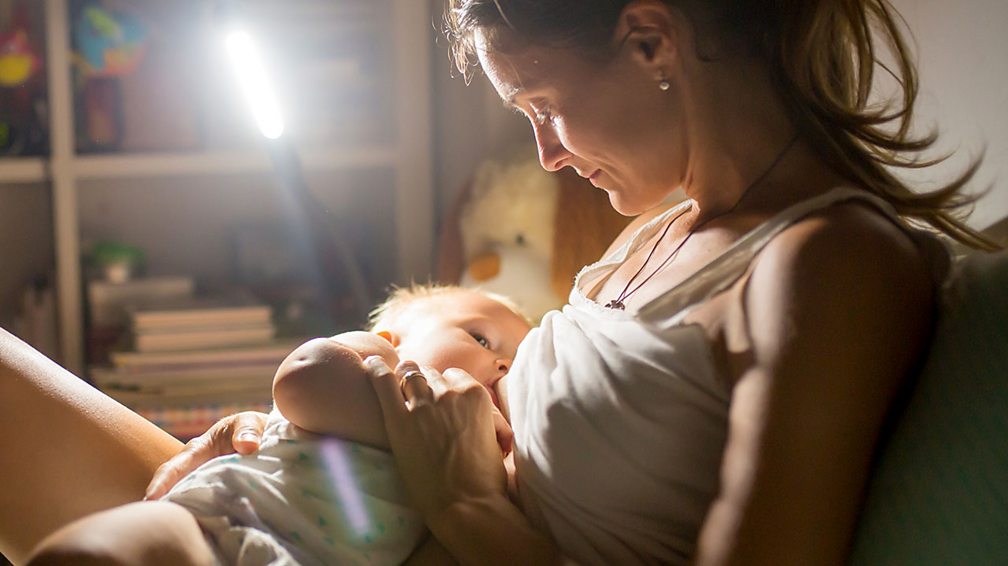
By teaching your baby another settling technique you may be able to enjoy the odd evening out with your partner or even a night away!
And it is great when Dad can settle baby to sleep at bedtime and during the night. It's great for his confidence with your baby and nice to spread the work-load of baby around a bit!!
Relying on feeding to sleep can put extra pressure on you as a breast-feeding mum...and we know it is the reason why many mums give up breastfeeding altogether. Once your baby is no longer fed to sleep, you may find you actually enjoy breastfeeding more as you may feel you regain a sense of control.
How to decide when to wean your baby off feeding to sleep
Regardless of the age of your baby, you can wean your baby off being fed to sleep relatively quickly and easily - when you are ready to do it!
Feeding to sleep becomes a very strong habit, for both mum and baby, and dad can rely on it pretty heavily too! So absolute commitment from both parents to teaching baby a new settling technique is essential if you are going to be successful.
While you have an end goal of teaching your baby to self settle, it's worth noting that this doesn't mean using 'cry it out'.....there are lots of options for teaching babies to settle without feeding to sleep. Choose one that you as a family are comfortable with. Different techniques work for different families, depending on the age of the baby, how quickly you need it to work, what you are prepared to try etc.
Also remember your consistency and commitment to your sleep plan will be the main thing which determines if your baby learns to settle without feeding to sleep, so only start when YOU are ready.
Recognise that teaching your baby a new settling technique takes days or weeks...do not expect your baby to like the change immediately or instantly sleep through the night after one day!
But you should start to see improvements after 4-5 days if you are being consistent with always using the new technique and not confusing your baby by feeding her back to sleep in the night.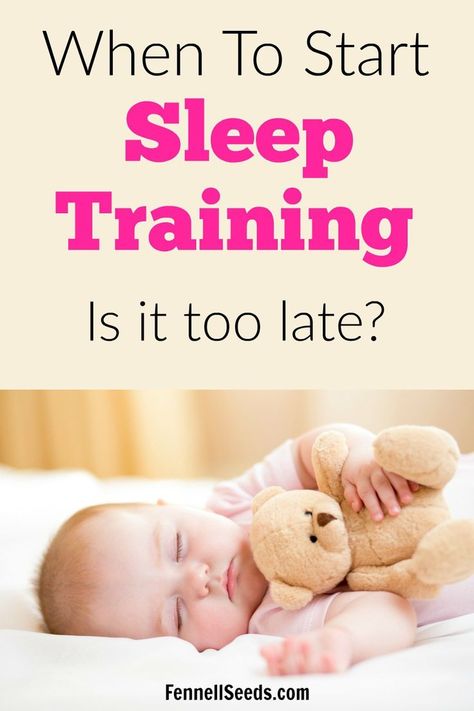
Read our detailed article on teaching your baby to self settle
Should I feed baby to sleep at night?
Babies over 4-5 months generally do not need any feeds in the night if they are having a dreamfeed at about 10pm. Doing a feed with your baby ASLEEP means you fill her tummy without her knowing, and you go to bed knowing she is not hungry in the night. Alternatively you could feed for the first wake after 9pm.
If you are not sure if your baby can last without any additional feeds, you won't know till you try it! It is worth trying to settle your baby without a feed and see if she can go back to sleep with a some additional warm bedding (often babies wake COLD rather than hungry), cuddle, patting, dummy or another settling technique. Generally we offer a feed as the first option, rather than try some other things first and see if she will go back to sleep.
You can also check with your Plunket nurse if she is happy with your baby's weight gain. ..i.e. if your baby is not putting on enough weight, then you will need to continue with at least one night feed.
..i.e. if your baby is not putting on enough weight, then you will need to continue with at least one night feed.
However you will find that the quicker you drop all feeds other than a Dreamfeed, the quicker your baby will sleep independently through the night. Babies often do not drop night feeds without some gentle encouragement from mum!
The quicker you drop all feeds other than a dreamfeed, the quicker your baby will sleep independently through the night.
How to gently stop feeding your baby to sleep
-
Babies over 5 months generally do really well with a structured routine for daytime and bedtime, such as day sleeps at 9am, 1pm, 4.30pm and bedtime at 7pm. This also means you will feed your baby when she wakes during the day, rather than before sleep times.
-
Introduce some additional positive sleep associations and allow several days for your baby to become attached to them before you start teaching self settling.
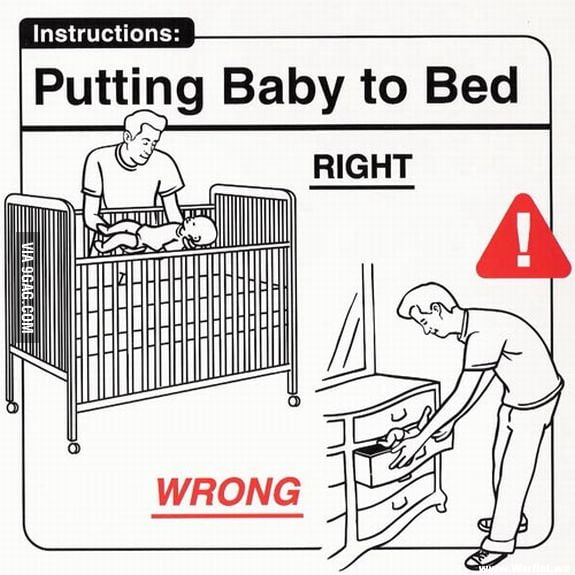 For example, start putting your baby into a sleeping bag before you feed her, give her a comforter to cuddle (for babies over 6 months of age) while you feed her and play white noise during the feed as she falls asleep...These associations are going to replace YOU as her main sleep association (i.e. what she needs to fall asleep).
For example, start putting your baby into a sleeping bag before you feed her, give her a comforter to cuddle (for babies over 6 months of age) while you feed her and play white noise during the feed as she falls asleep...These associations are going to replace YOU as her main sleep association (i.e. what she needs to fall asleep). -
Using a Safe T Sleep can give your baby a lovely feeling of pressure around her tummy, the same way your hand can or being cuddled. This is worth looking at as another tool in this weaning process.
-
Aim for 10 minutes of awake time between finishing your 6.30pm feed and when baby goes into bed. This can be cuddles, stories, a walk round the house, massage etc. You may want to gradually work up to 10 minutes if you currently feed baby until she is asleep. E.g. tonight aim for 30 seconds between feed and baby into bed, tomorrow night aim for a minute etc.
-
Your first step is to teach your baby she can actually fall asleep in bed, rather than on YOU - this is the most significant aspect of the weaning process.

-
So if you currently feed baby until she is asleep, change to only feeding baby until she is drowsy. Then put her into bed and then pat/sssh/put firm pressure on her tummy etc until she falls asleep IN BED.
-
Once your baby can fall asleep in bed OK, change to feeding until calm and use your patting to get baby get drowsy in bed.
-
Then you can work on increasing the awake time between the end of the feed and when you put your baby into bed awake.
-
Finally you will need to gradually reduce the amount of patting you do to help your baby get drowsy or fall asleep.
-
CONSISTENCY - Make sure you do the same for any night-waking! So if you are up to putting baby into bed drowsy but awake at bedtime, then do the same during the night.
-
If you have a really sucky baby, consider using a dummy for bedtime and during the night settling. Once babies are over about 5 months they can learn to put a dummy back in for themselves, which means you don't need to feed them back to sleep!
-
The No Cry Sleep Solution is a great resource if you want a very slow and gentle approach to weaning off feeding to sleep.
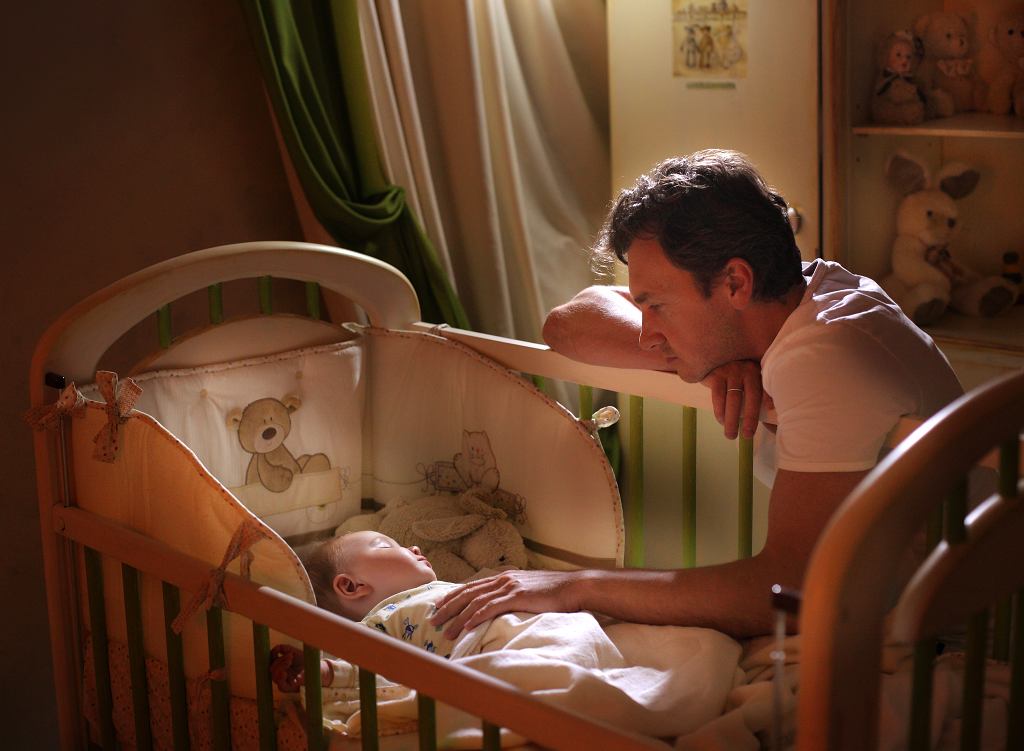 The technique involves the 'Pantley Pull-off' where you un-latch your baby and gently close her mouth, repeatedly....as she learns she can get to sleep without sucking. It is a very involved process but will work if you are consistent and patient with it.
The technique involves the 'Pantley Pull-off' where you un-latch your baby and gently close her mouth, repeatedly....as she learns she can get to sleep without sucking. It is a very involved process but will work if you are consistent and patient with it.
It won't be as hard as you expect!!!
At this point you should reassure yourself that you can teach your baby to fall asleep without feeding, and it will not be nearly as hard as you imagine it will be.
This is absolutely the message we get from many mums every week - just decide on a plan and you will soon have a baby who loves to cuddle and feed, but doesn't rely on it to get to sleep at bedtime and through the night.
We Recommend These
MCGRAW HILL
Sold out
View Product
WOOLBABE
Sold out
View Product
Sold out
View Product
If you are suffering post-natal depression or are shattered.
 ..
.. Over 50% of post-natal depression can be resolved in a few days when the baby learns to sleep through the night, i.e. the link between maternal sleep deprivation and depression is very strong.
So if you are depressed or just feeling at the end of your tether, you might want to consider a faster approach to weaning them off being fed to sleep - there are no prizes for being a martyr, particularly if your own health and well-being is at stake!!
The verbal reassurance method will generally teach a baby to sleep independently in 3-4 nights - see our facebook discussion page for feedback from other mums on this technique or see the Sleepeasy Solution DVD.
Recommended Articles
Teaching your baby to self settle
Everyone talks about self settling...but why is it important? Why should you bother to teach your baby to settle himself at bedtime? Why not just continue feeding or rocking your baby to sleep?
Read MoreSleep Associations and Self Settling
Teaching your baby to self settle at bedtime can be one of the biggest challenges you will face with your baby's sleep. It is an essential step in your baby learning to sleep through the night.
It is an essential step in your baby learning to sleep through the night.
Introducing and using a comforter
A small blanket or soft toy specifically designed to be used for settling babies and providing comfort.
Read MoreFeeding Baby to Sleep | Baby Sleep Advice | The Sleep Store
Mother breastfeeding baby to sleep in a baby carrier
Tags:
- Baby
- Newborn Sleep
- 3-6 Months Sleep
- 6-9 Months Sleep
- breastfeeding
- self-settling
BACK TO SLEEP ADVICE
Get your baby to sleep through the night
Many people assume if your baby is up all day, he will sleep all night – this is not always the case.
The baby is usually so over tired and over stimulated, that they have difficulty settling at night. A baby with structured and regular sleeps in the day is more content and therefore tends to sleep better at night.
- Do not let a baby sleep beyond 4pm otherwise they will not go down well at bedtime (7pm)
- Get the baby into a routine at night from 2-3 weeks eg from about 6pm you could massage your baby then give him/her a bath and then breastfeed or bottle of milk in a darkened room and then bed. This acts as an unwinding process and the baby will know that it is time for bed.
- The last feed before bed is vital if your baby is going to sleep longer at night. Often after taking part of the feed they fall asleep. Do not just give up and put them to bed, because in an hour or so they will wake up again for more. Encourage them to finish the feed by waking them. You could change their nappy, tickle them wind them or cool them down. But keep going!
- The minute your baby cries it is tempting to rush over to the cot and pick it up.
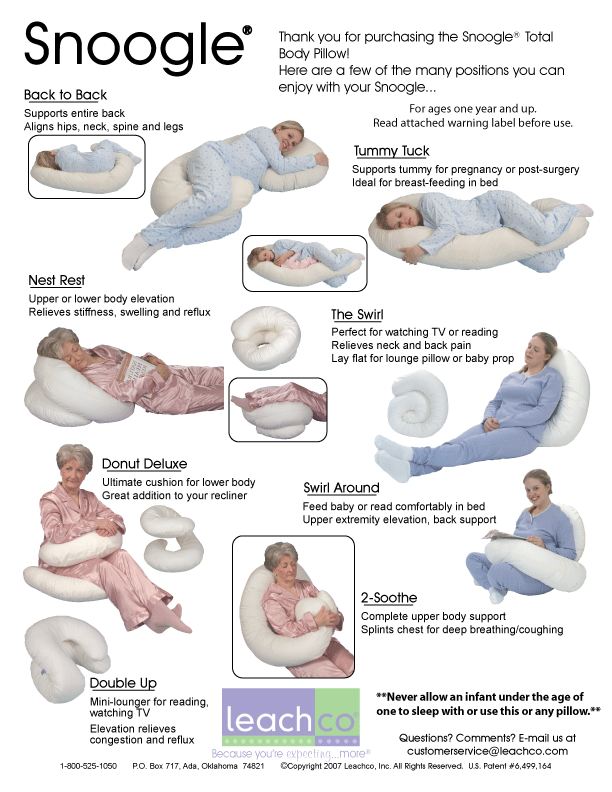 Try not to, wait a few moments and see if he/she will settle themselves back to sleep. If he doesn’t then try patting him in his cot and if you cannot settle then pick him up and comfort him but then put him back in his cot and leave the room and see if he will settle. If he doesn’t then leave him to cry a little longer ie 5 or 6 minutes and then go back in and repeat the process.
Try not to, wait a few moments and see if he/she will settle themselves back to sleep. If he doesn’t then try patting him in his cot and if you cannot settle then pick him up and comfort him but then put him back in his cot and leave the room and see if he will settle. If he doesn’t then leave him to cry a little longer ie 5 or 6 minutes and then go back in and repeat the process. - Try and put your baby down in his cot AWAKE, so he gets used to going to sleep on his own. Don’t get into the habit of rocking your baby to sleep – you may be there for hours!
- If you are still feeding in the night, do not go into the room and turn on the lights and TV. It is night time and the baby needs to understand this – so keep things quiet. Especially important if you have a maternity nurse, don’t get chatting to them while feeding!
- Buy black out blinds, which is useful for keeping early morning rays out.
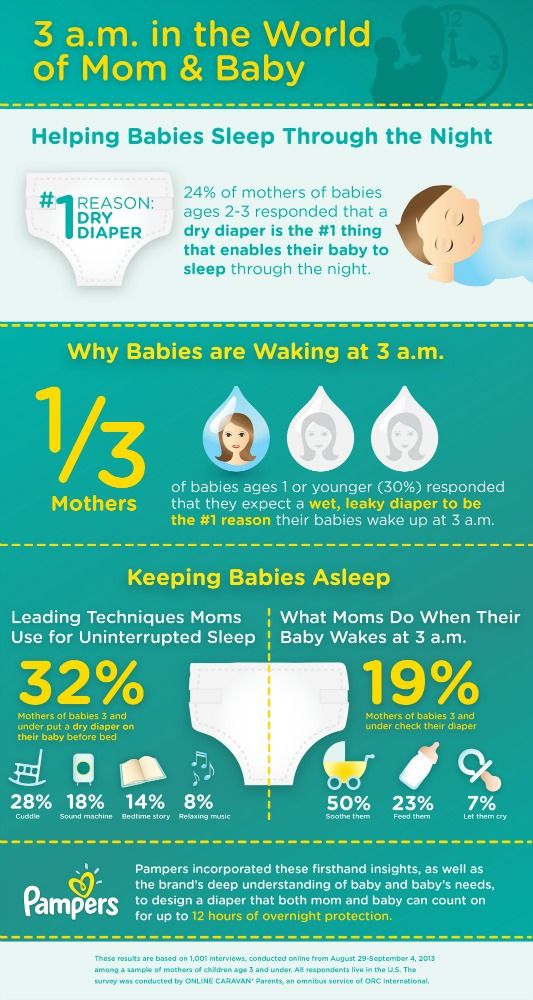
- Do not expect your baby to sleep through the nights until they are on solids at around 6 months.
- If after 6 months you child is eating solids and drinking very well during the day and he is on target weight wise, yet still not sleeping through the night, you could try a number of things:
- Instead of giving your baby milk when he wakes in the night try cooled boiled water.
- If that does not work, water down their milk e.g. 2 scoops to 6 ounces of water. The idea is to make it not so tasty so the baby will not bother to wake in the night for it and encourage him to take all the milk he needs during the day.
- Or you could just soothe and pat your baby back to sleep without anything. This may take a long time if the baby is used to milk.
Whatever action you take do stick to it for at least 2-3 weeks.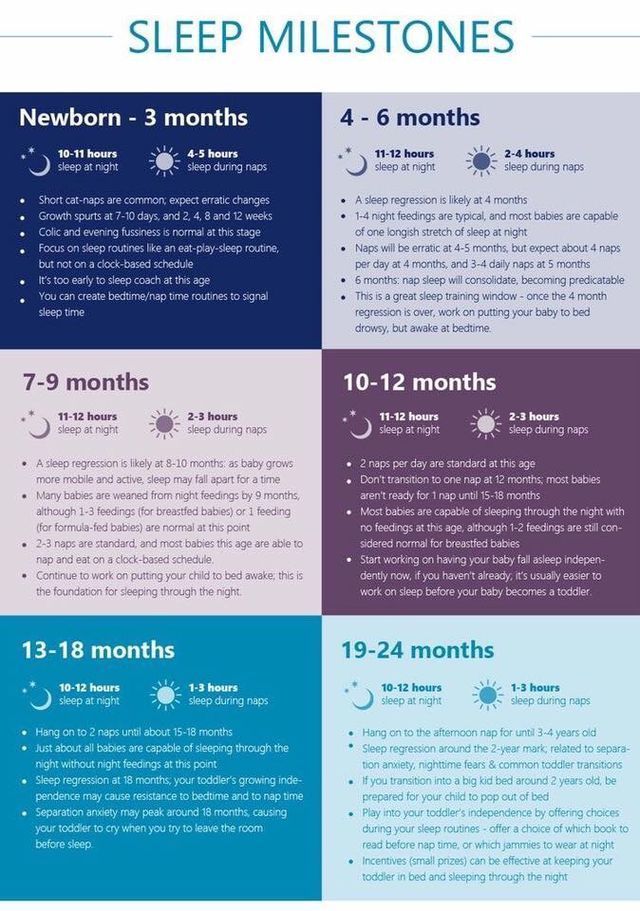 It is no good for a couple of days as this is not long enough to get rid of bad habits.
It is no good for a couple of days as this is not long enough to get rid of bad habits.
What to feed your baby before bed
Our friends @gotovimdetyam collect the best baby food recipes and tips. They prepared an article specifically for @spimalysh "What to feed a child before bedtime?".
According to scientists, dinner should be 20% of the daily diet. The child should have dinner no later than one and a half to two hours before bedtime, and a second dinner in the form of a glass of milk or kefir at night is also desirable, which prolongs the feeling of satiety and calms.
Everyone is familiar with the old grandmother's remedy: in order for the child to sleep soundly, he needs to be fed more satisfyingly. In this case, the parents will receive peace of mind, but not the child. His body will not rest, it will be engaged in the digestion of food. Such excesses as semolina or meat dishes at night lead to gastrointestinal diseases.
Recipes for breakfast, afternoon tea and dinner are very similar.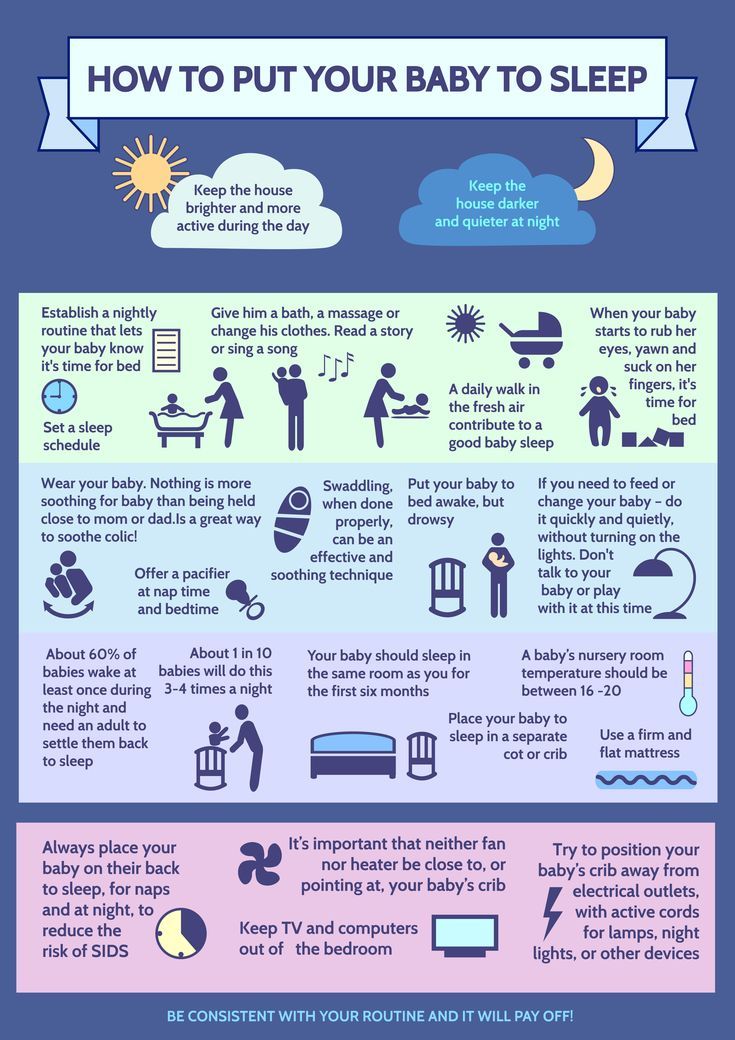 Variations of products, combinations of cottage cheese, fruits and cereals, light soups and casseroles - all this is equally suitable for breakfast, afternoon tea and dinner.
Variations of products, combinations of cottage cheese, fruits and cereals, light soups and casseroles - all this is equally suitable for breakfast, afternoon tea and dinner.
Children's dinner includes food that the child "did not get" during the day. For example, if there was a lack of cottage cheese and fruits, give cottage cheese and fruits. Children who go to kindergarten do not have enough “live” fermented milk products, egg dishes, since almost all food in kindergarten is thermally processed. Therefore, in the evening you can unload the stomach without offering him anything boiled or baked - eggs, raw vegetables, salads, yogurts, cottage cheese. Well, if there was no dinner in the kindergarten, then we are having dinner at home like an adult.
People often ask: is it bad to eat porridge for dinner, is it not too heavy a meal. Look at the child! The child will always give a signal which food is preferable for him. If the dream is restless, the child cannot fall asleep for a long time - try experimenting with dinner.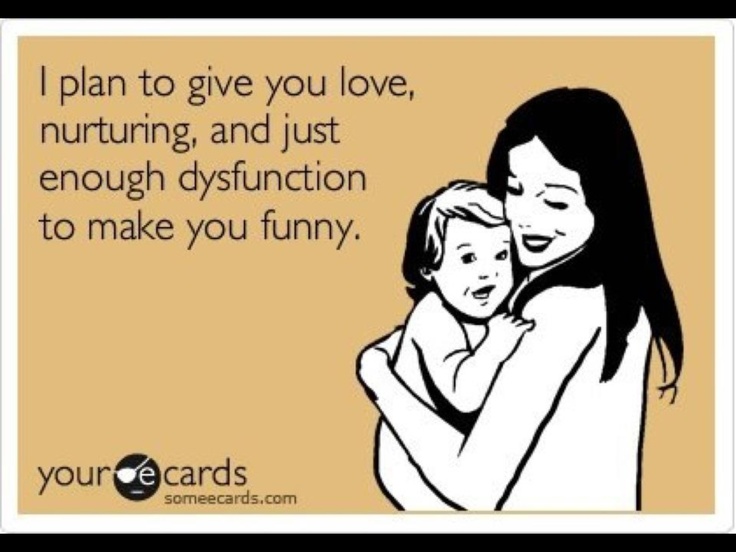 Porridge is a normal living food, it is better than sandwiches, convenience foods, cereals, cookies, and so on. Porridge can be harmful if it is not absorbed by a particular child for some reason.
Porridge is a normal living food, it is better than sandwiches, convenience foods, cereals, cookies, and so on. Porridge can be harmful if it is not absorbed by a particular child for some reason.
You should not give millet, semolina, barley porridge for dinner, if possible, do not use milk and sugar, replacing them with fruit puree, dried fruits, a spoonful of honey. "Light" porridge for the night is buckwheat, oatmeal and any "children's" (powder).
Also suitable for dinner:
— Cottage cheese, cottage cheese dishes (casseroles, syrniki), cottage cheese with fruit.
- Omelet, vegetables in an omelet, boiled eggs.
- Mixed vegetables, purees, stews, casseroles, vegetable cutlets and zrazy, vegetables with rice, buckwheat. Raw vegetables.
- Salads.
- Fruits - bananas and green apples. Banana calms, increases the feeling of satiety, and green apples are rich in "night" elements - calcium and iron, magnesium, potassium.
- Baked fruits: apples, pears.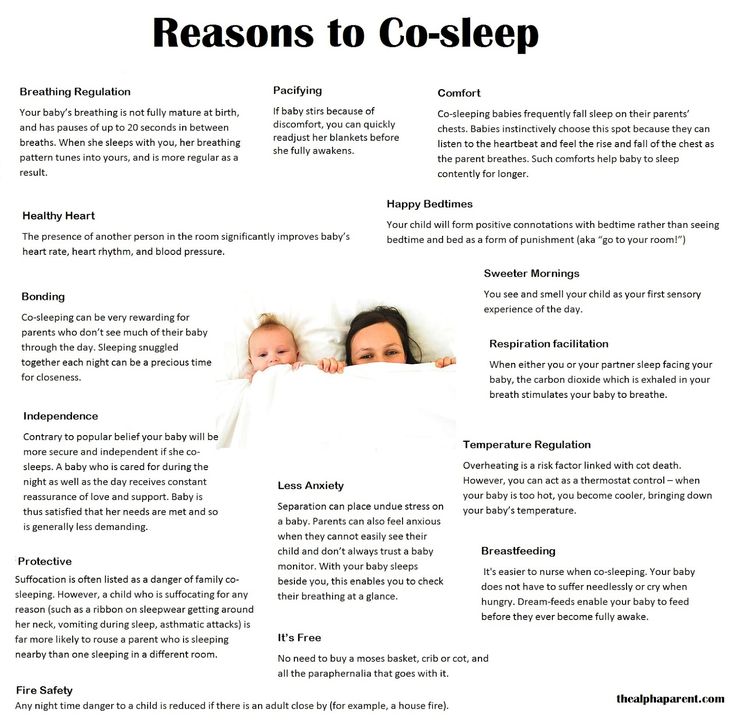
- Any fermented milk products - kefir, yogurt, bifidok, acidophilus. Cheese.
Bon appetit and healthy sleep to your children!
Food and Sleep Physiology Articles
“Mom, I want to eat!” the baby asks, lying in bed and almost closing his eyes. We are sure that most parents are familiar with this situation. Indeed, many children want to drink or eat before going to bed. This is because the small organism has an increased metabolism and needs to be “refilled”. What to feed your baby before bed? What foods and how do they affect the quality of children's sleep? We have learned the opinion of pediatricians and are ready to share important information with you.
Of course, a child's sleep is influenced by many factors: daily routine, walks, games, communication with other children, and finally, the health of the baby. However, one of the most important is nutrition. We have compiled for you 5 important facts about bedtime feeding that every mother should know.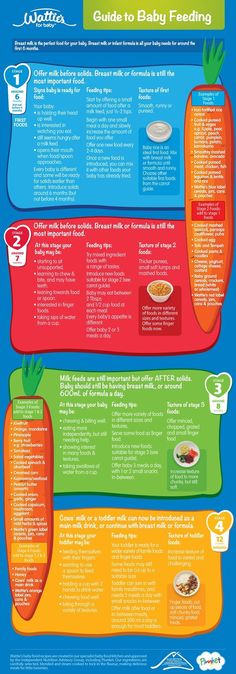
1. Diet
When compiling an individual diet for a child, it is recommended to keep 3 main meals (breakfast, lunch, dinner) and 2 additional ones (second breakfast/snack and second dinner), the volume of one feeding - no more than 300–350 ml ** .
According to pediatricians, the distribution of the energy value of the diet should be as follows: breakfast -20% of daily calories, lunch -35%, dinner -20%; afternoon snack -15% second breakfast or dairy products before bedtime -10% * .
2. Snacks
Experts advise to properly organize the child's diet and to refuse spontaneous snacks (use of juices, buns, sweets between feedings), which leads to a decrease in appetite and the displacement of important foods from the child's diet ** .
3. Feeding before bedtime
If a child asks for food late in the evening, then 1 hour before bedtime he can be given a glass of fermented milk product (kefir, fermented baked milk, yogurt, etc.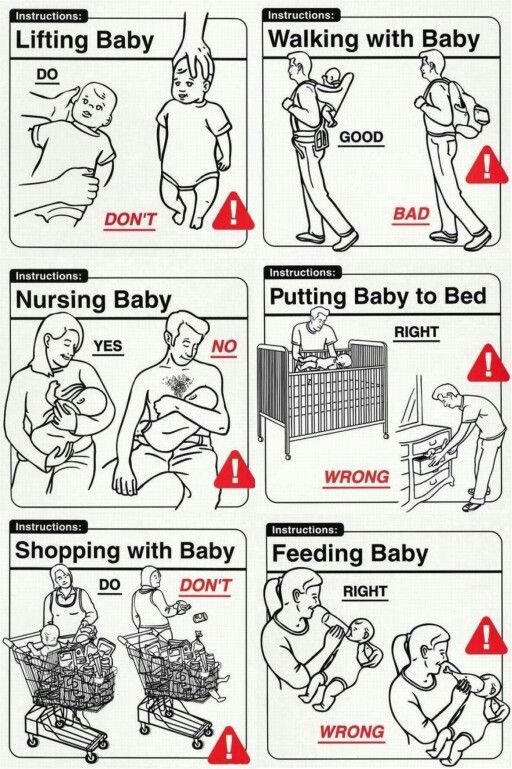 ) or milk formula of the fourth formula. A good option is Similac Gold 4 Baby Milk, which is highly digestible, palm oil-free and contains beneficial prebiotics that support gut health and strengthen the body's natural defenses.
) or milk formula of the fourth formula. A good option is Similac Gold 4 Baby Milk, which is highly digestible, palm oil-free and contains beneficial prebiotics that support gut health and strengthen the body's natural defenses.
4. Overeating
In order for a child to sleep soundly, it is necessary to give him a good drink and feed, some grandmothers advise. But in vain! Meat and legumes take a long time to digest. A small body will not be able to rest, which means that the baby’s sleep will be disturbing and restless. In addition, such food can cause bloating and nausea. Overeating also threatens night whims and waking up. Therefore, you should not give your child in the evening foods that greatly overload his digestive tract.
5. Sweets
Confectionery (marshmallow, marshmallow, marmalade, jam, marmalade or jam) - all this has an exciting effect on the baby. In principle, it is not recommended to abuse them in the children's diet (foods with a high sugar content can be present in the diet of children no more than 2-3 times a week, in an amount up to 10 g per day ** ), and especially before bedtime.